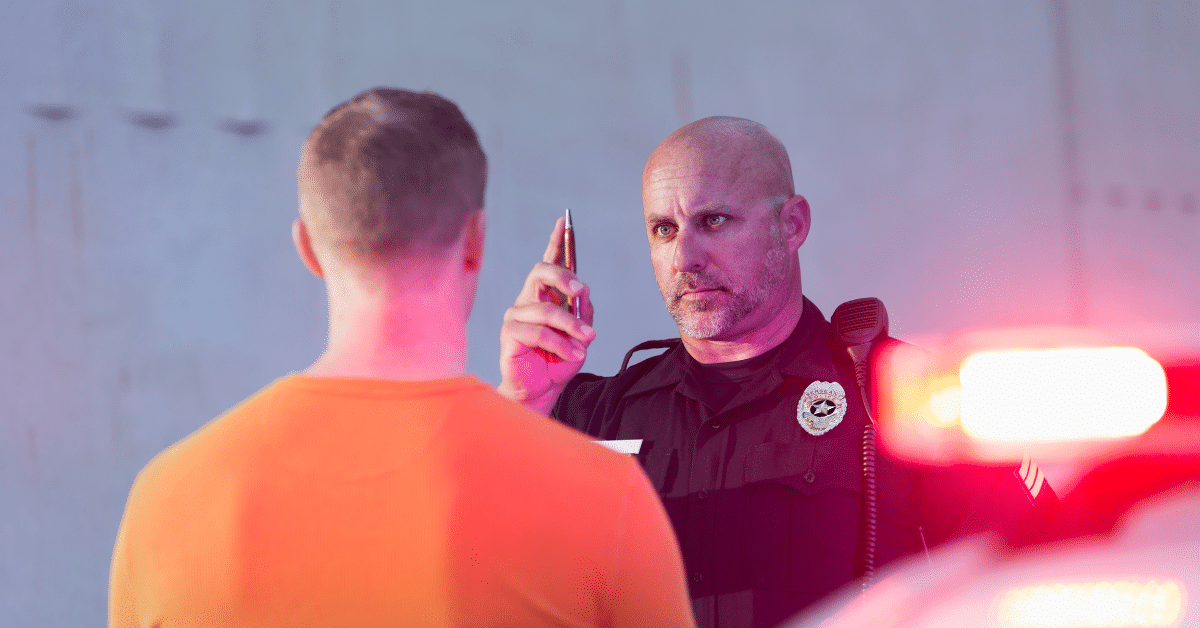Driving while under the influence of drugs or alcohol can have serious consequences. Often, police and law enforcement officers in Colorado will use sobriety tests as evidence that someone was driving under the influence. However, they are not foolproof. Many question the reliability of these tests. An experienced lawyer from Churchill Criminal Defense can help you navigate challenging a DUI sobriety test in court.
Types of Field Sobriety Tests
If you get pulled over, there are several types of standardized tests law enforcement officers might administer to determine whether you are sober. The most common ones are field sobriety tests (FSTs), which include:
- Walk and turn tests: In these tests, a police officer will ask you to walk in a straight line and back, heel-to-toe, to test your coordination.
- Horizontal gaze nystagmus tests: These tests ask you to track an object with your eyes. Officers will look for involuntary bouncing or jerking of the eyes.
- One-leg stand tests: These assess your balance and attention. An officer will ask you to stand on one foot while counting out loud or following other directions.
Consequences of Failing a Sobriety Test in Denver, Colorado
Failing a sobriety test may result in you receiving a DUI, which can lead to jail time, fines, or probation. Additionally, your driver’s license could be revoked.
These consequences all have significant impacts on a person’s life. If you believe the test you took had an inaccurate result, you can challenge the validity of the sobriety test in court.
Common Strategies To Challenge a DUI Test
There are several strategies for challenging a DUI field sobriety test. An experienced DUI lawyer can help you decide which option is best for your situation.
Was the Police Officer Trained?
Administering field sobriety tests requires proper training in techniques, protocol, and interpretation. There are standard instructions an officer must follow completely and correctly for the results to be reliable. If the police officer is not up to date on the required training, this can call into question the validity of the results.
Was Proper Procedure Followed?
Alternatively, the police officer may have been trained to administer the test properly but failed to follow the procedure anyway. The officer may not have followed the correct order for the procedure, or the officer could have delivered confusing directions to you. These scenarios can result in an unreliable FST and act as evidence for defendants challenging field sobriety tests.
Has the Machine Been Serviced?
Sometimes, officers use machines like a Breathalyzer to determine a driver’s blood alcohol concentration (BAC). Officers might use this in addition to or instead of FSTs. However, these machines can suffer from wear and tear and breakdowns. Officers must service these machines and calibrate them before administering tests. Failing to do so casts doubt over the results.
Contact an Experienced Attorney in Denver, Colorado
An experienced defense attorney from Churchill Criminal Defense can help if you decide to challenge a DUI sobriety test. Reach out to our team today to schedule a consultation.
